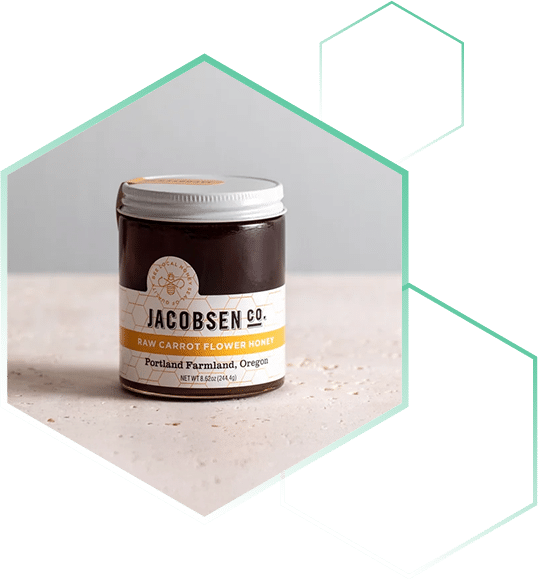Made for digital marketing companies serving small-to-medium businesses
AI Agents Delivering Digital Marketing Results Your Clients Will Love

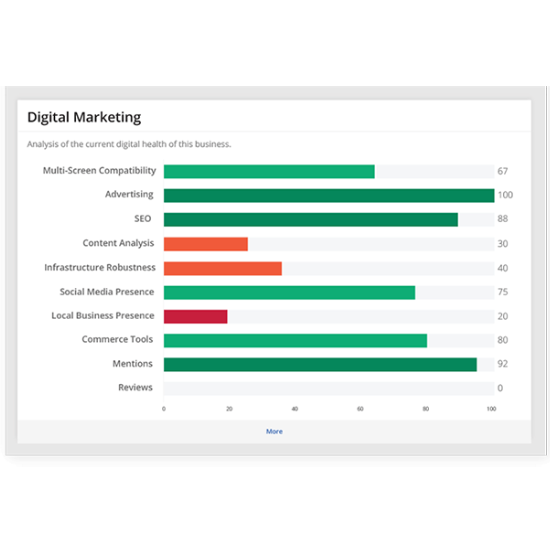
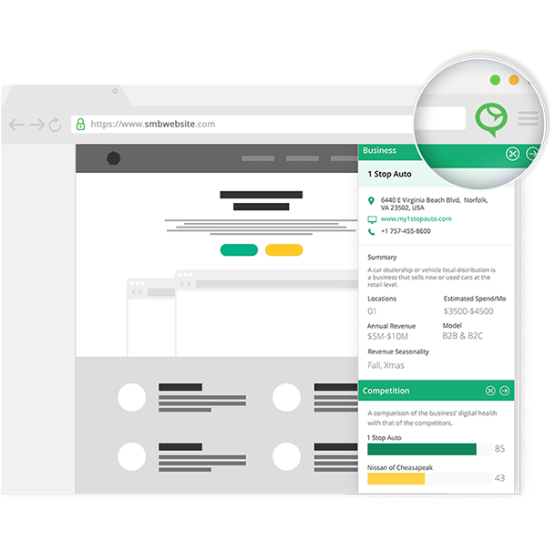
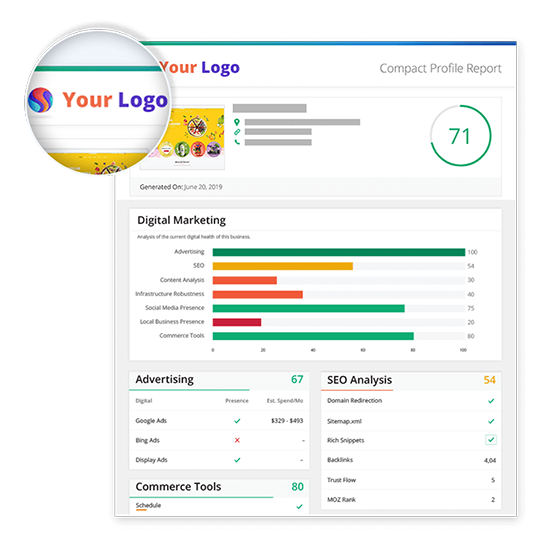
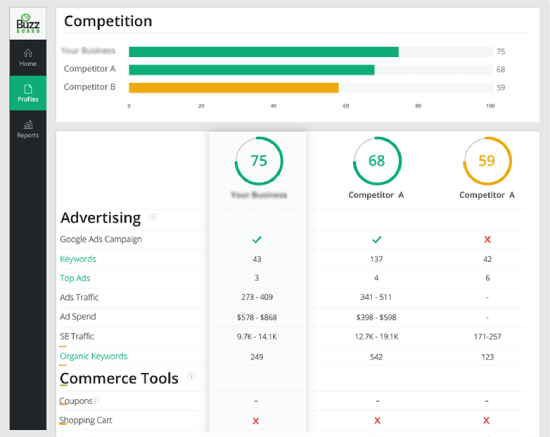
Specialized Roles
Each agent focuses on a specific part of digital marketing — like SEO, social media or email — ensuring every task is handled with precision.
Inspired by Nature,
Built for Digital Marketing Mastery
Modular Flexibility
Agents are modular, so you can pick and choose exactly what your clients need. Add or remove agents without disrupting workflows, scaling as your needs evolve.
Strength in Collaboration
Like honeycomb cells, our agents are interconnected, working together to create a cohesive, results-driven system.
Built for Efficiency
The honeycomb is nature’s most efficient design. Our AI agents mirror that – saving time on marketing execution while outperforming manual effort and traditional tools.
Powered by Micro-LLMs
Each agent is driven by micro-LLMs trained on rich SMB data and insights, requiring minimal input from you or your clients to execute campaigns.
Inspired by Nature,
Built for Digital Marketing Mastery
Specialized Roles
Each agent focuses on a specific part of digital marketing — like SEO, social media or email — ensuring every task is handled with precision.
Modular Flexibility
Agents are modular, so you can pick and choose exactly what your clients need. Add or remove agents without disrupting workflows, scaling as your needs evolve.
Strength in Collaboration
Like honeycomb cells, our agents are interconnected, working together to create a cohesive, results-driven system.
Built for Efficiency
The honeycomb is nature’s most efficient design. Our AI agents mirror that – saving time on marketing execution while outperforming manual effort and traditional tools.
Powered by Micro-LLMs
Each agent is driven by micro-LLMs trained on rich SMB data and insights, requiring minimal input from you or your clients to execute campaigns.
Here's a Glimpse:
Social Media Agent
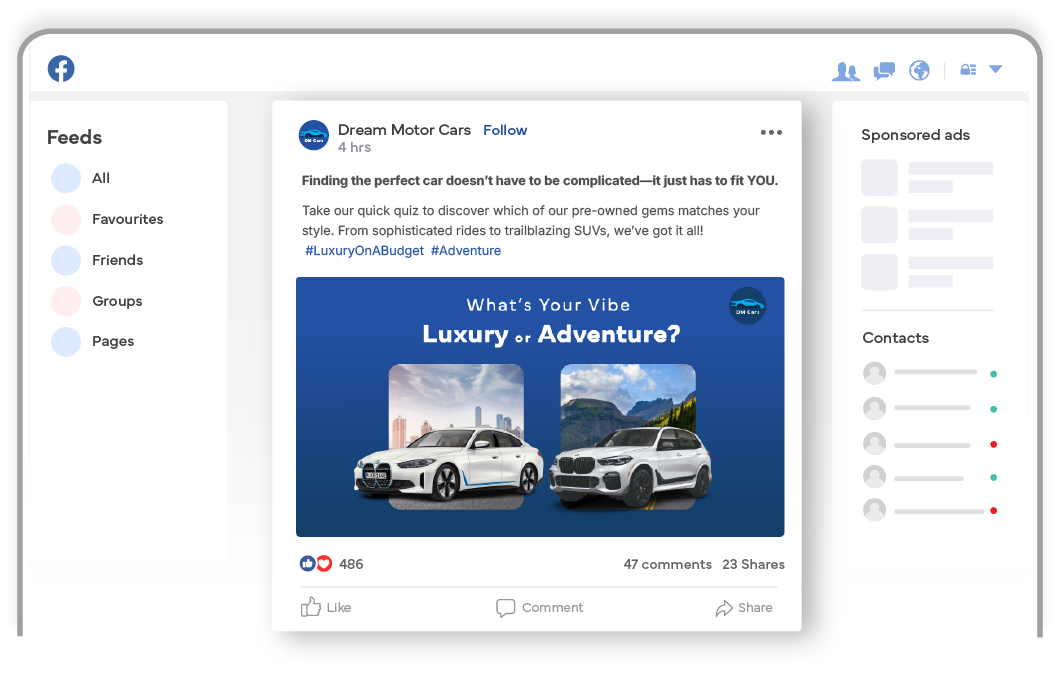
Writes It for You
The Social Media Agent writes Social Media posts tailored to your client’s voice and goals.
Designs It for You
The Social Media Agent crafts eye-catching visuals that fit your client’s brand and platform requirements.
Schedules It for You
The Social Media Agent crafts eye-catching visuals that fit your client’s brand and platform requirements.
This Is Just the Beginning. What's Next?
What are the features? What are the benefits? How does it work? or anything else
Here's a Glimpse: Meet the AI Agents

Client Onboarding Agent
Your AI Agent for Onboarding Clients
Saving you and your clients time and frustration by auto-building a complete onboarding package.

Ads Agent
Ads Agent
Your AI Agent for Making Ad Campaigns Easy and Effective
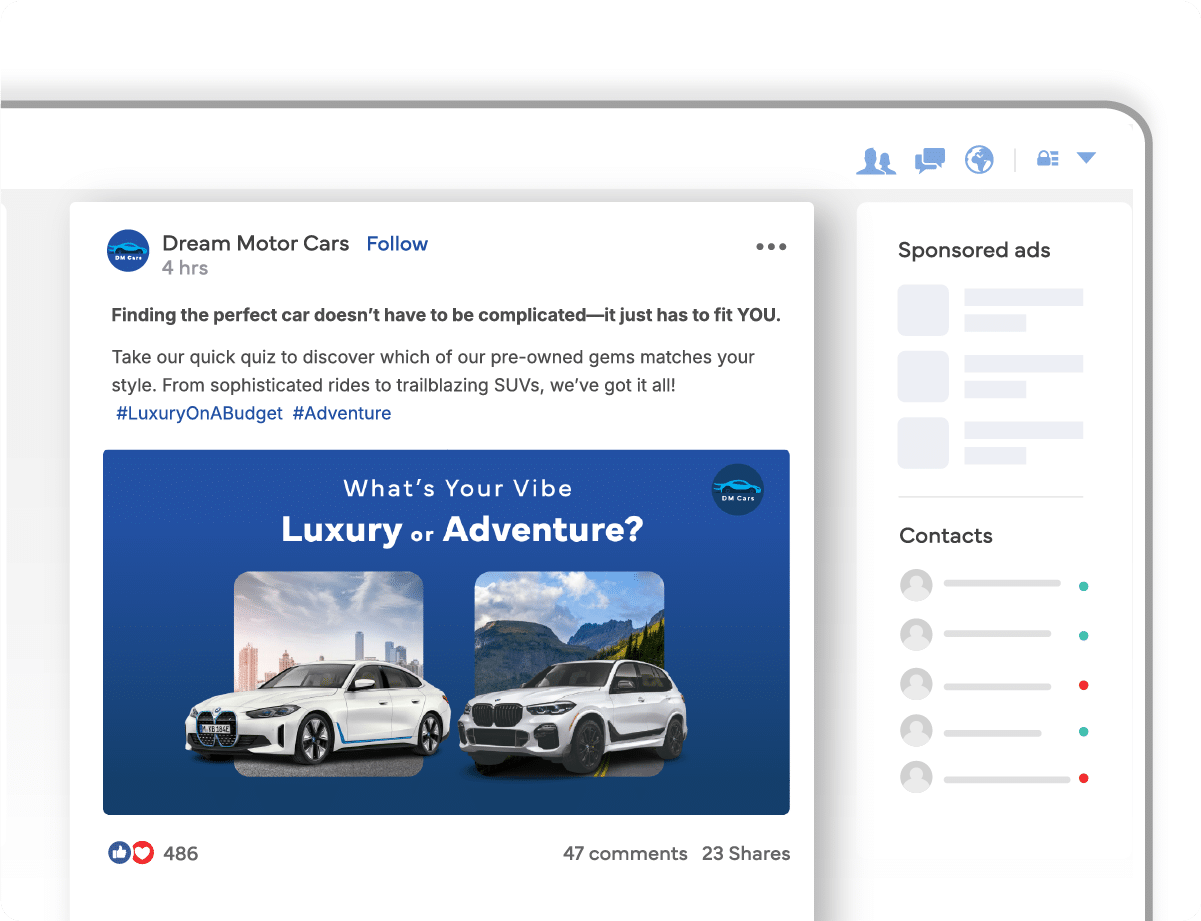
Social Media Agent
Social Media Agent
Your AI Agent for Automating Social Media Campaigns for Clients
Freeing you to focus on strategy while it handles the content and scheduling grind.
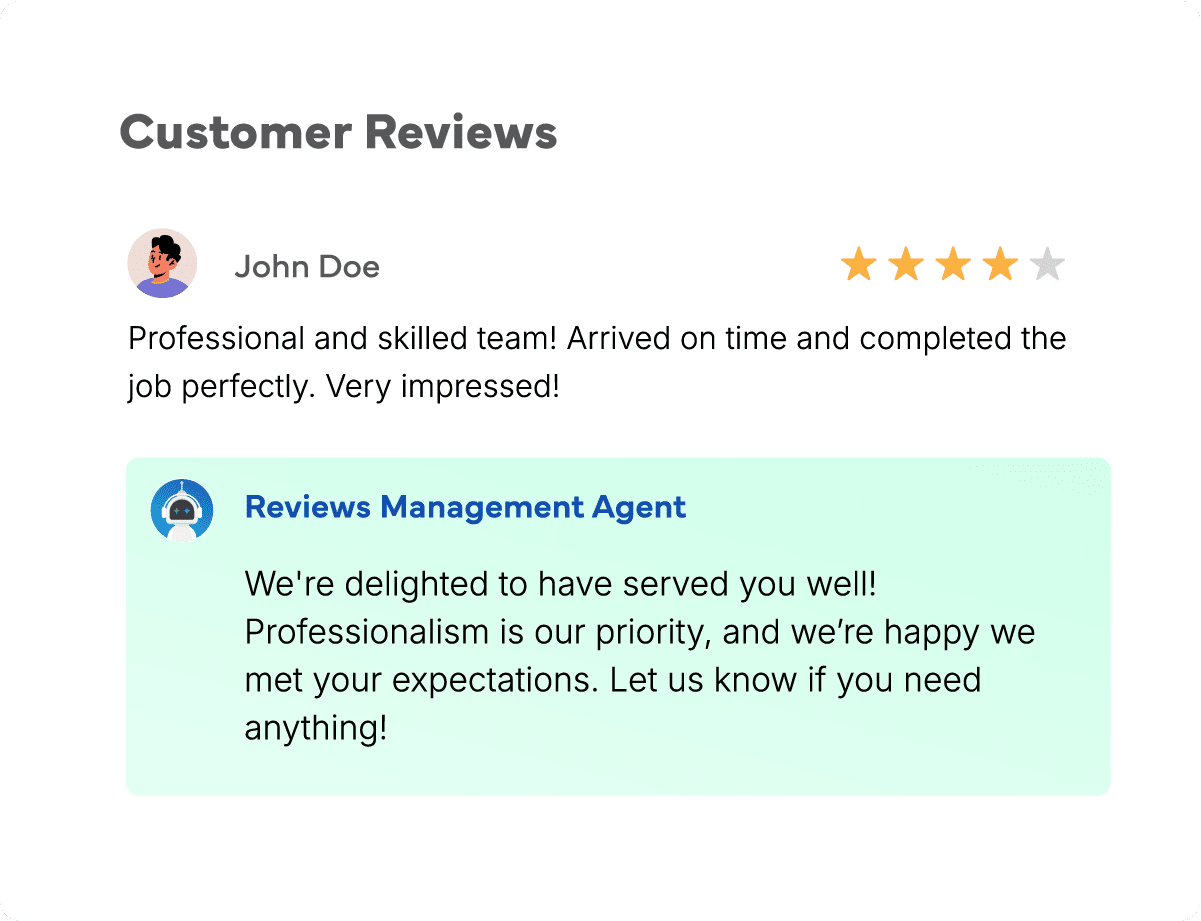
Reviews Agent
Reviews Management Agent
Your AI Agent for Auto-Responding To Reviews for Clients
Deliver responses clients will love while uncovering insights to help them improve.

Email Agent
Email Marketing Agent
Your AI Agent for Executing High-Impact Email Campaigns for Clients
Turning client goals into email campaigns that deliver, without the hassle.

Website Agent
Website Agent
Your AI Agent for
Auto-Building Client Websites
Deliver stunning, search-optimized websites faster than ever.
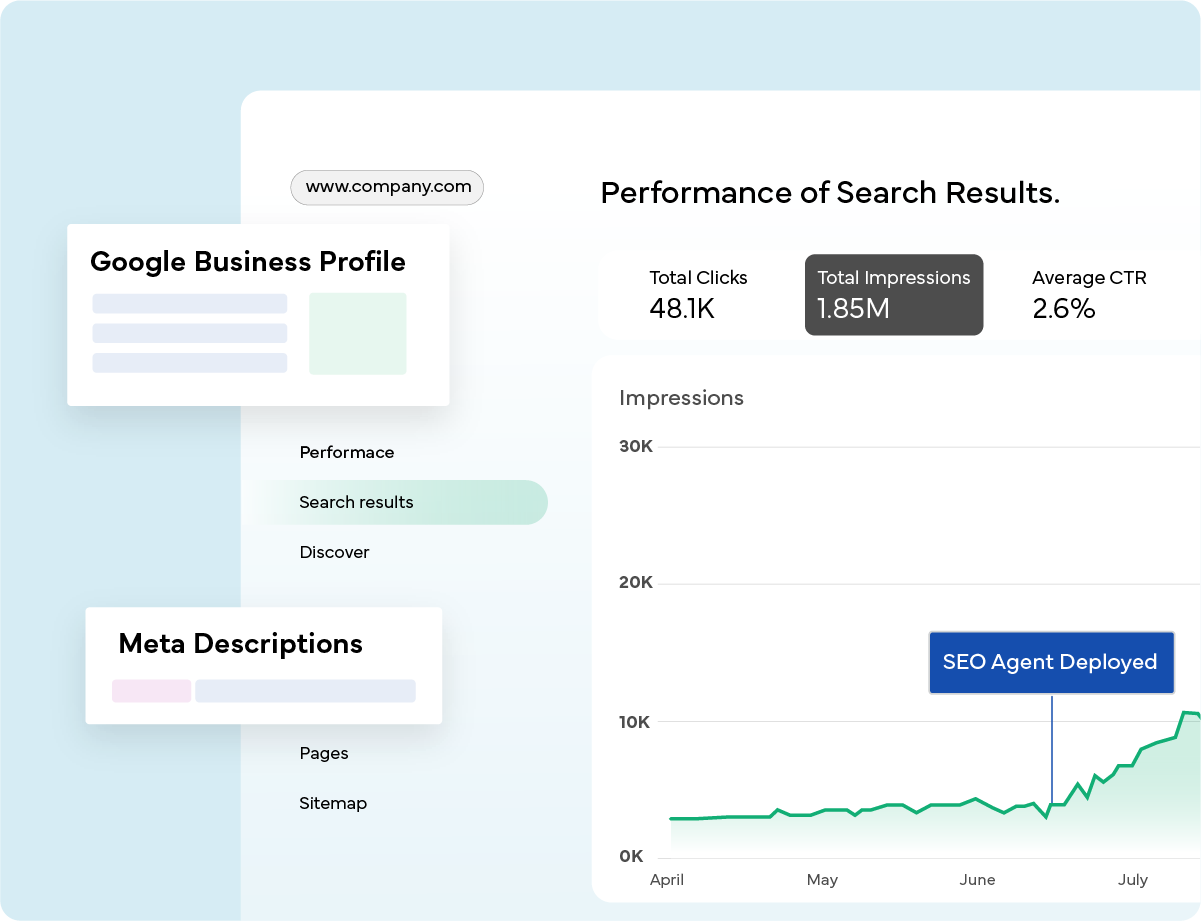
SEO Agent
Your AI Agent for Executing SEO for Clients
Less SEO hassle for you and more website traffic for your clients.
-
It seems there might be a little confusion here. I'm here to help with questions about the Onboarding AI Agent, which is designed to streamline the onboarding process for businesses, particularly in marketing and consulting services.
If you're looking to build a physical home, that's outside of my expertise. However, if you need assistance with onboarding new clients or improving your customer engagement, I'd be more than happy to guide you through that! Let me know how I can assist you in that area.
-
Here's a summary of how it can help:
- Customization: It can be tailored to fit your specific onboarding process, workflows, branding guidelines, and service offerings.
- Data Accuracy: It gathers data from reliable sources, ensuring the information is relevant and accurate.
- Compliance: The agent complies with data protecting regulations like GDPR and CCPA, and includes mechanisms for obtaining customer consent.
- Support: You get comprehensive support during implementation and beyond, including team training and ongoing technical support. This helps in reducing the onboarding time, enhancing the customer experience, and improving operational efficiency.
Would you like to dive into more details about any of these aspects?
-
Definitely! Follow the provided link to book a meeting with one of our specialists. Schedule here
What are the features? What are the benefits? How does it work? or anything else
Thousands of Businesses Are Receiving Exceptional Digital Marketing via Agencies Powered by BuzzBoard’s AI Agents
3,700+
SMBs Served
From local shops to regional leaders
Thousands of Businesses Are Receiving Exceptional Digital Marketing via Agencies Powered by BuzzBoard’s AI Agents
2,500+
Websites Launched
Creating powerful digital storefronts that convert

SOC2 compliant
Enterprise grade security to protect customer data
